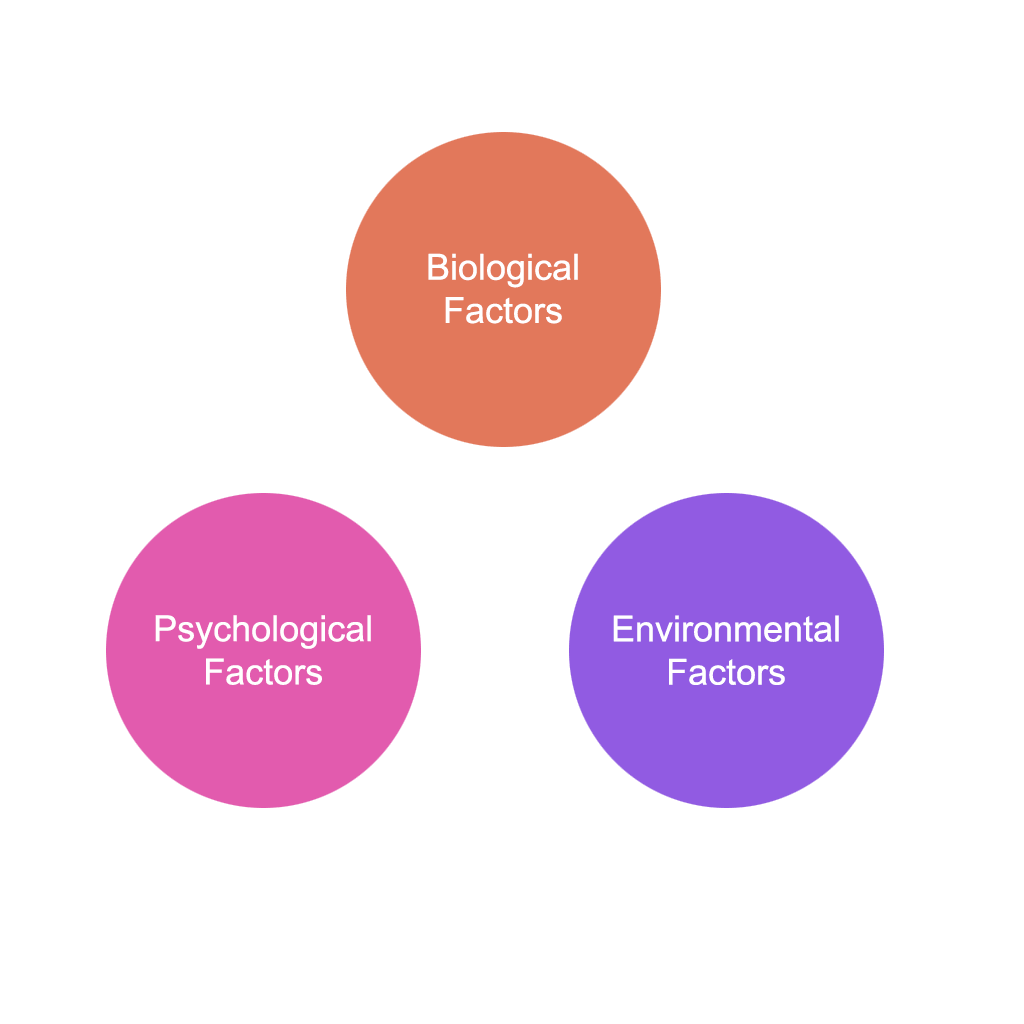Evaluate the main tenets of Maslow’s Theory of Personality.
Maslow believed all human beings have a common set of basic needs: these needs dictate the behaviour of individuals at all times. There are two basic principles which determine which particular needs determine the behaviour of an individual, the first one is that the,higher the satisfaction, the less the activity. This implies that a need that is already satisfied in an individual ceases to be active. The second principle states that the needs can be ordered into a hierarchy with the lowest need being the most active: the lower need must be satisfied before a higher need can take over control. The lowest level of needs is the physiological needs.
These are the needs of an individual as a body or a physiological system which attempts to maintain homoeostasis. These needs consist of the need for fresh airs hunger, thirst and avoidance of extreme weather conditions. The second level of needs incorporates the need for safety. The implication is that once an individual has the physiological needs satisfied, attention shifts to ensure, survival from potential predators of the individual.
The third level of individual needs in the hierarchy is the need for love and belonging. It is observed that this is the basic social or affiliation motive that marks the first level of human needs the physical needs in the first two levels are satisfied.
The fourth level of need is the need for self-esteem. It is noted that an individual will have the need for gratification and esteemed in this stage. Individuals exhibit the need to be esteemed by themselves as well as others in that they are capable of achievement. The last highest need in the hierarchy of needs is the need for self-actualization.
The four lower needs are viewed as drives towards the reduction of a particular deficiency characterized by the discrepancy between the actual state of an individual and a fixed equilibrium state, self-actualization is a growth need in that it creates a general and continuous improvement in the personality of an individual through a complex positive feedback loop of deviations of the previously reached states of equilibrium.
The second basic tenet of Maslow’s theory of personality is self-actualization. It is stated that self-actualization is attained when all the needs are fulfilled, particularly the highest need. Self-actualization is not a fixed state but an endless process of development.
This is because of the positive feedback process which differentiates it from the other needs. Maslow proposes that the concept is based on the basic assumption that each individual has hidden potentialities which are yet to be developed. These talents and competencies are gradually developed through the process of self-actualization. Self-actualization is, therefore, regarded as the ultimate state of psychological health.



